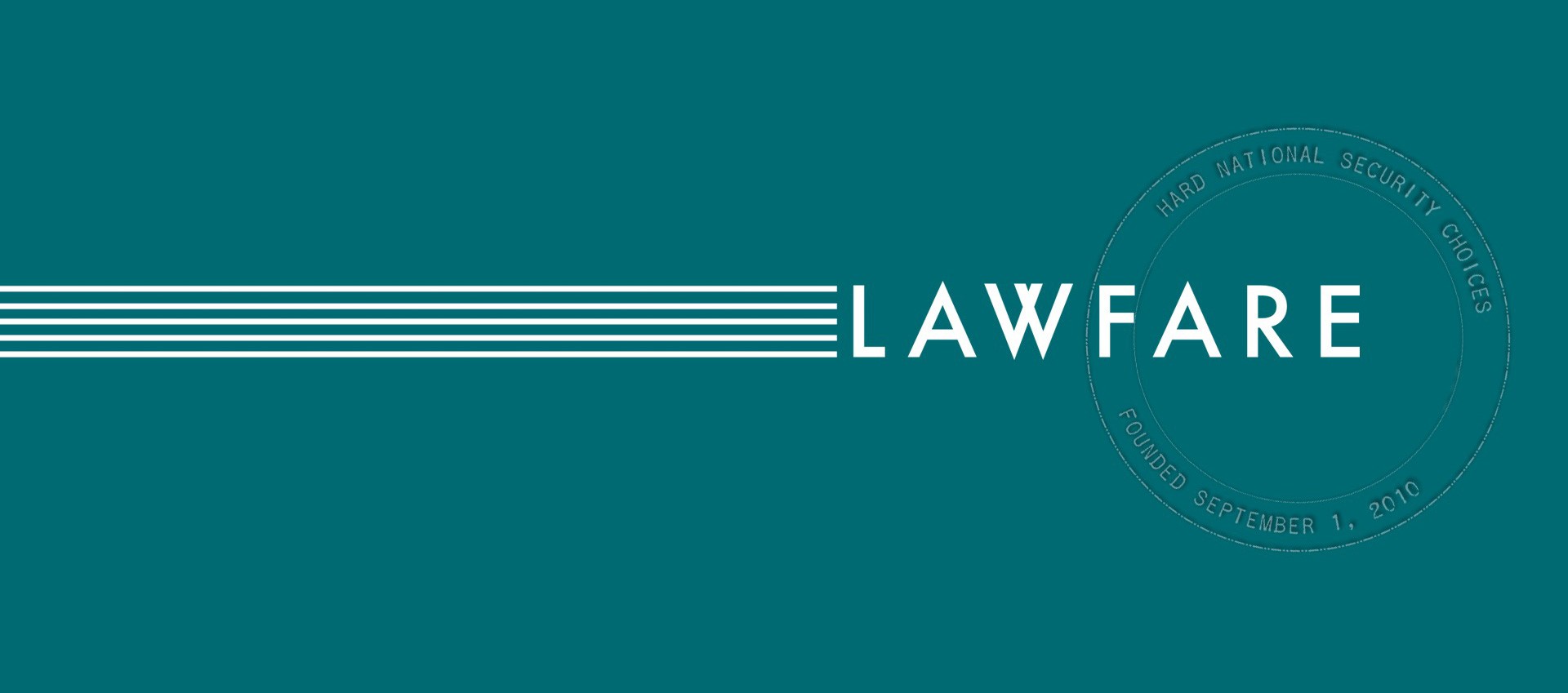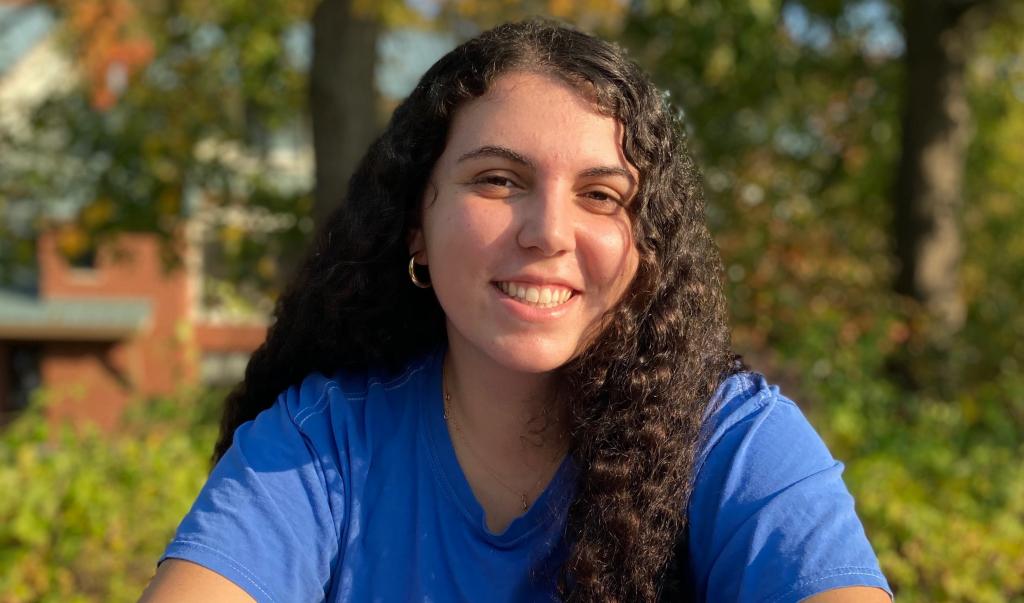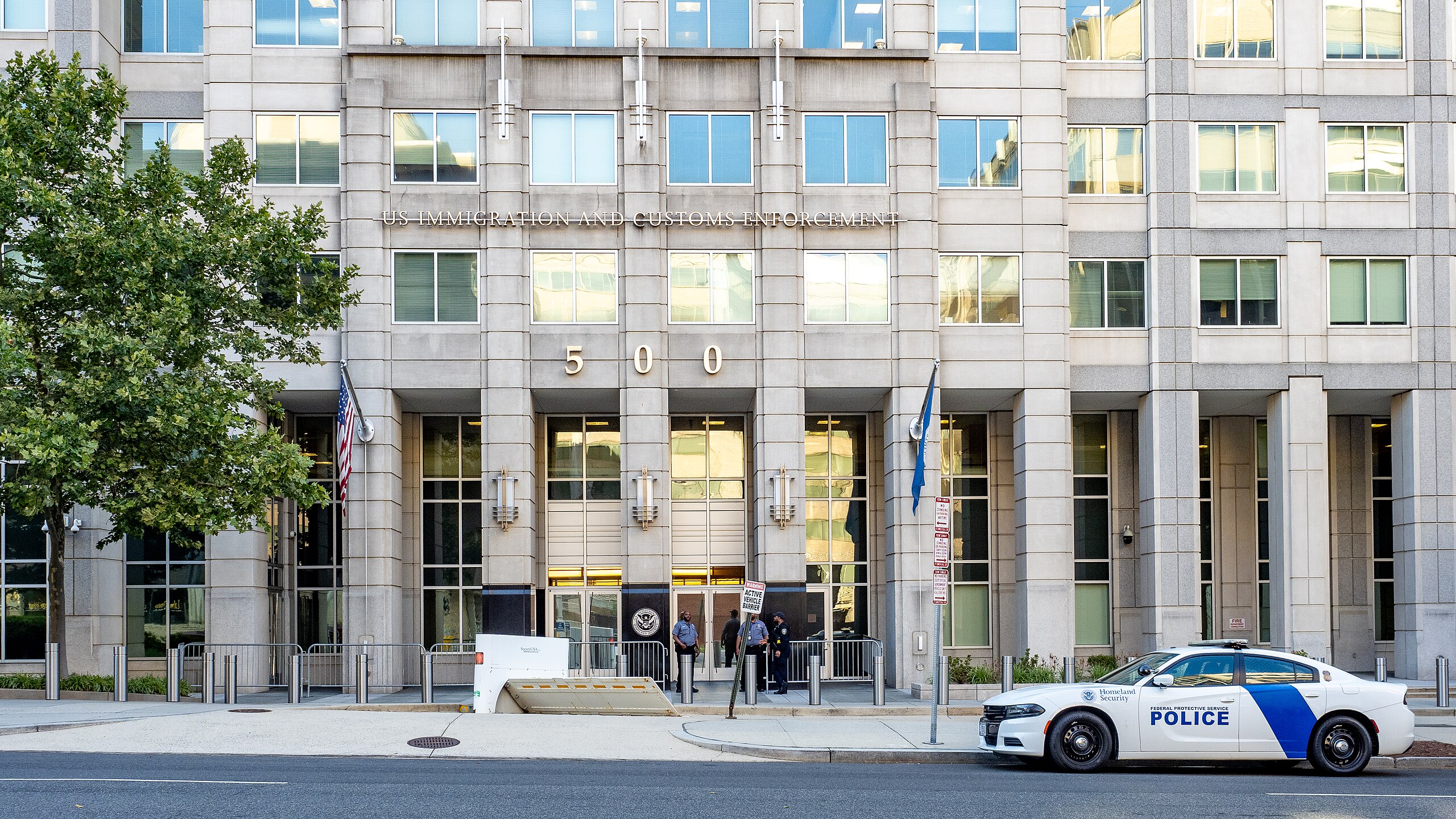Today on Lawfare
The latest on Lawfare.

Subscribe to receive this newsletter directly to your inbox.
Articles
Finally, a Better U.S. War Crimes Bill. Now What?
Esti Tambay and Sarah Yager argue that amid bipartisan support of the proposed Justice for Victims of War Crimes Act—which would give the United States the ability to prosecute suspected war criminals discovered within U.S. borders regardless of nationality—Congress must work to close other loopholes to promote justice for international crimes.
So what other steps can the U.S. take to look beyond what’s happening in Ukraine and support international justice consistently? First, Congress should consider legislation to prosecute crimes against humanity, which, unlike war crimes, can be committed during peacetime as well as during war. Second, liability should be expanded to ensure that leaders responsible for war crimes as a matter of command responsibility can also be prosecuted. Third, Congress should remove legislative obstacles that it previously adopted so that the U.S. can constructively support the ICC. Fourth, the Department of Justice, evidence permitting, should bring cases based on these newly improved laws.
Finding Out What Russians Think—Without Asking Them
Andrew Fink and Marina Petrova discuss how search data provided by databases such as Yandex, Russia’s top search engine, can provide insights into Russian public opinion, something otherwise notoriously difficult to measure.
Since the beginning of Russia’s invasion of Ukraine, the greater international community has wanted to know: What do Russian citizens think about it all? Under current circumstances, it is functionally impossible to hold real focus groups in Russia. Pollsters still ask Russians their opinions via phone or on-the-street surveys, but this method has obvious limitations in dictatorships. In authoritarian countries, people’s participation in opinion surveys and focus groups can be influenced by state repression, and sometimes using these standard sociological tools is totally impossible. No matter what side they are on, it is difficult for a pollster to get an accurate read of controversial opinions in a police state by anonymously calling people and asking for their opinion. However, with search engines, it is possible that people will type in inquiries that are less filtered and, thus, reveal a bit more of their honest thinking about topics. People might lie to each other, lie to pollsters (especially if they fear the pollsters may be secret police), and even lie to themselves about their motivations and beliefs—but why would they lie to a search engine?
Podcasts
The Lawfare Podcast: Foreign Agents and the Barrack Indictment: Natalie Orpett sat down with Alex Iftimie, partner at the law firm Morrison Foerster, and a former Department of Justice attorney specializing in national security matters, including the Foreign Agents Registration Act. They discussed the criminal trial of Thomas Barrack, who served as an informal advisor to the 2016 Trump campaign and then as chair of Trump's inaugural committee, and allegedly acted as a foreign agent of the United Arab Emirates to influence U.S. policy.
Rational Security 2.0: The ‘Korea Culpa’ Addition: Alan Rozenshtein, Quinta Jurecic, and Scott R. Anderson sat down to discuss the week’s big national security news stories including: gang warfare and political instability in Haiti, a Fifth Circuit judge’s ruling in Net Choice v. Paxton, and more.
TechTank: Under Secretary Xochitl Torres Small on Expanding Access to Rural Broadband: Nicol Turner Lee was joined by Xochitl Torres Small, the United States Department of Agriculture’s (USDA) Under Secretary for Rural Development, to discuss ongoing work to close the urban-rural digital divide, how the USDA has been working to meet different communities’ hyperlocal needs, and more.
Join Lawfare!
We are looking for student contributors. The deadline to apply is September 30, 2022.
We are also looking for an intern for the fall semester. Applications will be evaluated on a rolling basis.
Follow us Twitter, Facebook, YouTube, and LinkedIn. Become a material supporter on Patreon. Sign up to receive Lawfare in your inbox. Check out relevant job openings on our Job Board.





